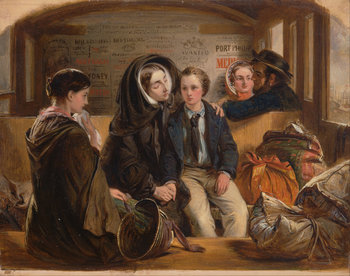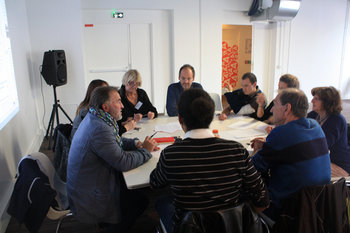|
| |
Social influence is change to an individual's thoughts, emotions or behaviors caused by other people. This includes compliance whereby you change your behavior and communication due to social pressures without actually believing in the change. Social influence can also be internalized whereby social processes change what you truly think. The following are common types of social influence followed by a few concrete examples.Appeal to Authority | Appeal to Emotion | Appeal to Logic | Authority | Brand Awareness | Brand Image | Brand Recognition | Bullying | Celebrity Endorsements | Charisma | Conformity | Consensus Building | Countersignaling | Creative Tension | Culture | Culture of Fear | Debate | Direct Messages | Disinformation | Fear of Missing Out | Fear, Uncertainty and Doubt | Framing | Gaslighting | Group Harmony | Groupthink | Identification | Imitation | Indoctrination | Influence of Music, Film, Literature, Fashion and Art | Information Cascade | Informational Influence | Internalization | Kairos | Labelling | Leadership | Manipulation | Media Messages | Minority Influence | Misinformation | Name Dropping | Norms | Nudges | Obedience | Overcommunication | Peer Pressure | Persuasion | Political Correctness | Propaganda | Public Speaking | Reactance | Reciprocity | Reputation | Rumors | Saving Face | Self-fulfilling Prophecy | Signalling | Social Bots | Social Change | Social Cohesion | Social Compliance | Social Conflict | Social Construction | Social Contagion | Social Identity | Social Institutions | Social Media | Social Media Influencers | Social Proof / Social Status | Social Relationships | Social Tension | Storytelling | Subculture | Traditions | Unanimity |
NotesNorms are also known as normative social influence.|
Type | | Definition | Change to an individual's thoughts, emotions or behaviors caused by other people. | Related Concepts | |
Social Influence
This is the complete list of articles we have written about social influence.
If you enjoyed this page, please consider bookmarking Simplicable.
© 2010-2023 Simplicable. All Rights Reserved. Reproduction of materials found on this site, in any form, without explicit permission is prohibited.
View credits & copyrights or citation information for this page.
|




































